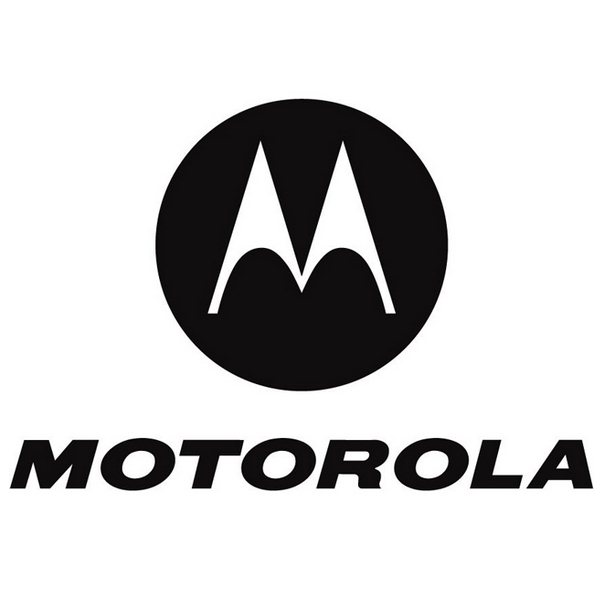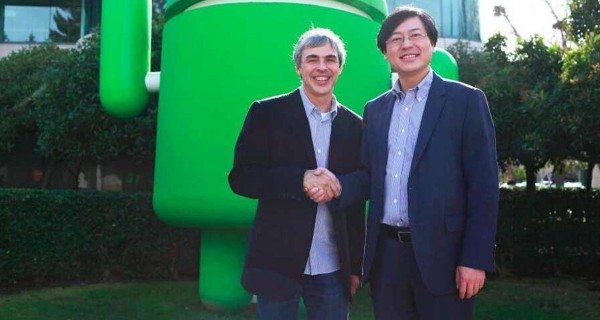After two years, 17,000 patents, and $12.5 billion, Google is calling it a day with its experiment in Motorola Mobility after announcing its sale to Lenovo.
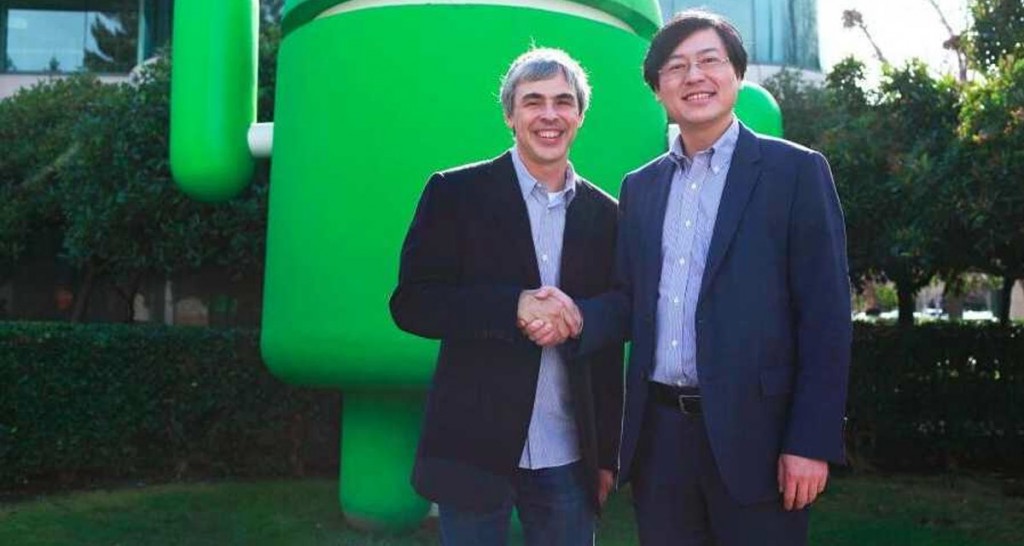 Many people assumed from the beginning that all Google wanted from Motorola Mobility was their treasure trove of 17,000 patents and are first in line to say “I told you so,” but that is only partially true.
Many people assumed from the beginning that all Google wanted from Motorola Mobility was their treasure trove of 17,000 patents and are first in line to say “I told you so,” but that is only partially true.
Google’s deal to sell off Motorola to Lenovo for $2.9 billion actually provides many benefits for both companies as Google is maintaining ownership of “the vast majority” of patents acquired in the previous deal as well as the advanced research division of Motorola.
This deal could have far reaching implications, not just for Google and Lenovo, but for all players in the Android landscape.
Lenovo may be the biggest beneficiary. Many people in the United States have no idea that Lenovo even makes Android phones, but they are in fact the 4th largest smartphone manufacturer in the world—behind Apple, Samsung, and Huawei—they just have a basically non-existent footprint in the US. Through this deal they acquired not just licensing for the rights to use Motorola’s patents (which will remain in Google’s portfolio), but the rights to use Motorola’s branding for their products.
This gives Lenovo a major foothold to previously untapped markets besides access to one of the richest patent portfolios and ownership of the Moto-X, which has become one of the best reviewed phones ever.
Whether or not Lenovo decides to stick with Motorola’s current lineup and strategy remain to be seen, but it would be a smart move to continue what Google started. Lenovo doesn’t claim any initial intentions to make any drastic cuts in employees or programs. Lenovo Group Ltd. Chairman and Chief Executive Yang Yuanqing said in an interview with the Wall Street Journal that they intend to grow the Motorola brand “not just in the U.S. and Latin America, where [the brand] is strong today. We will also introduce the Motorola brand in other markets so we can have decent growth.” If this is handled anywhere similar to the way they handled their acquisition of IBMs “Think” brand, then we can expect Motorola to see a prominence it hasn’t had for quite some time.
Many people are calling Google the loser in the deal, since they are re-selling the company just 2 years later for $9.6 billion less than they purchased it for originally, but this is not a clean cut parting of ways. First of all—as I already mentioned—Google is keeping most of the patents they acquired in the original deal as well as Motorola’s advanced research division, which is where many of Google’s crazy ideas have come from, such as the modular modifiable smartphone—project Ara—and a plethora of fancy security devices such as passwords that are ingestible or tattooed. This section will feel right at home under the mysterious and bizarre Google X program.
We also can’t discount the impact of the Moto-X and Moto-G. Google was able to use Motorola to prove that low cost, bloat free, Android phones could be a big sensation. We can’t ignore the impact of the statement made by these devices when we look at the insane 10 year patent sharing agreement Google recently arranged with Samsung. Google effectively proved that their way was best for Android, and I wouldn’t be surprised to see more OEMs following suit.
The biggest loser in this whole situation may be HTC. The Taiwanese company has been fighting to establish branding and gain market share for the past few years, but now that the Motorola brand is buffeted by the well-oiled assembly lines of Lenovo, that uphill battle may have gotten a lot more vertical. Not to take all the wind out of their sales, though. The HTC One was widely considered the Best smartphone of 2013 in a close battle with the Samsung Galaxy S4 and the Moto-X. 2014 will be their last chance to gain what competitive advantage they can, because the market is about to get a lot less forgiving.
As always, we will wait and see how things develop, but it’s undeniable that this could be considered an earthquake in the ever shifting terrain in the world of Android manufacturers.
Sources: CNET, WSJ, Mashable
Read more on walyou, HTC One “M8? Rumored Changes, Launch Imminent, Google Buys Artificial Intelligence Company DeepMind for $400M

 In 2017, Waymo accused Uber of stealing its autonomous driving trade secrets. You may have thought the Uber-Waymo legal battle was over when, in 2018, the companies reached a settlement and Uber agreed to pay around $245 million. But as part of the s...
In 2017, Waymo accused Uber of stealing its autonomous driving trade secrets. You may have thought the Uber-Waymo legal battle was over when, in 2018, the companies reached a settlement and Uber agreed to pay around $245 million. But as part of the s...
 In 2017, Waymo accused Uber of stealing its autonomous driving trade secrets. You may have thought the Uber-Waymo legal battle was over when, in 2018, the companies reached a settlement and Uber agreed to pay around $245 million. But as part of the s...
In 2017, Waymo accused Uber of stealing its autonomous driving trade secrets. You may have thought the Uber-Waymo legal battle was over when, in 2018, the companies reached a settlement and Uber agreed to pay around $245 million. But as part of the s...
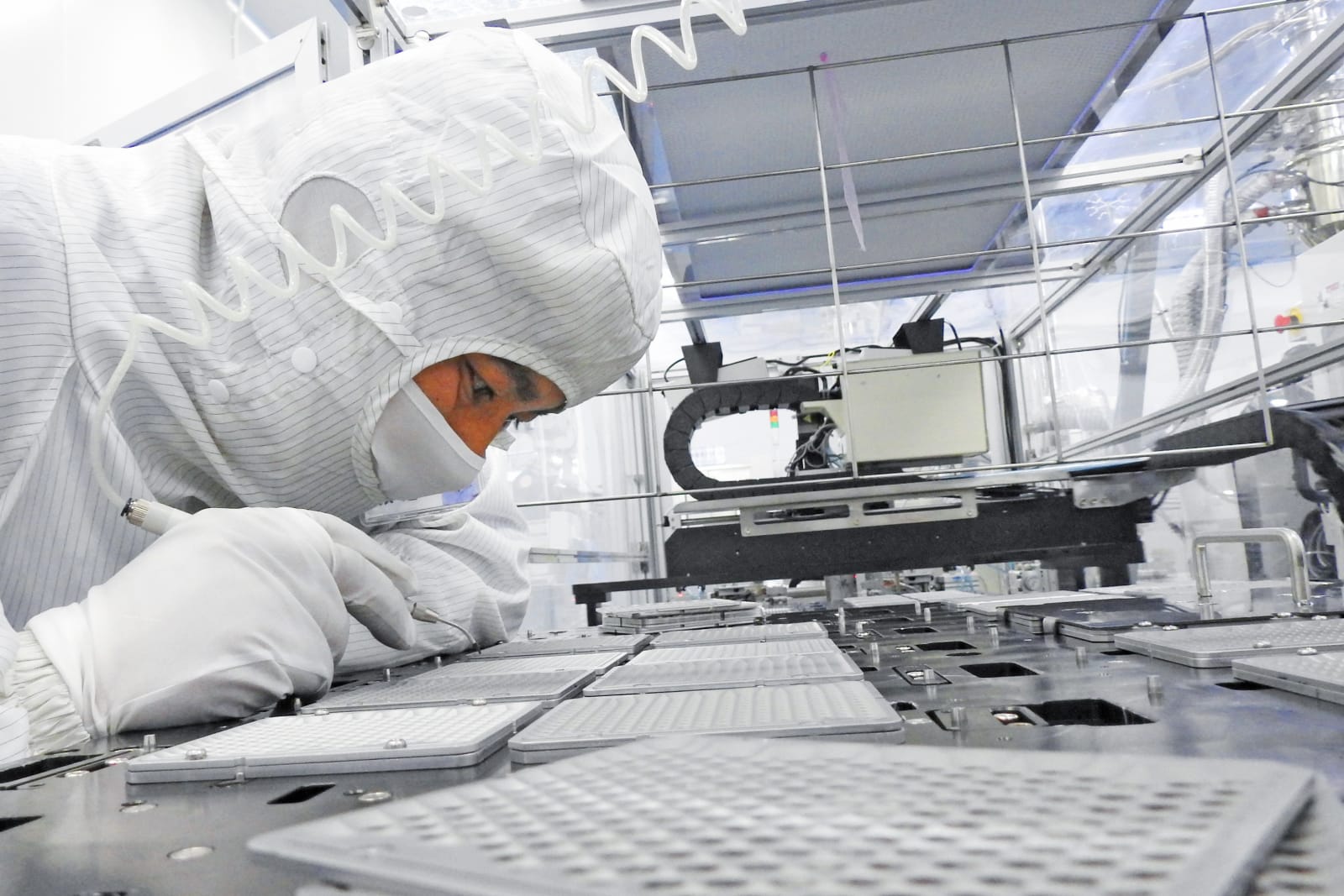 The US trade war is meant in part to punish China for allowing intellectual property theft, but the Trump administration might not be convinced it goes far enough. Washington Post sources claim that White House advisor Peter Navarro is exploring a p...
The US trade war is meant in part to punish China for allowing intellectual property theft, but the Trump administration might not be convinced it goes far enough. Washington Post sources claim that White House advisor Peter Navarro is exploring a p...
 Yesterday, the House of Representatives voted in favor (410-6) of a controversial copyright bill known as the Copyright Alternative in Small-Claims Enforcement Act of 2019, or CASE Act. The bill is meant to give independent creators an affordable and...
Yesterday, the House of Representatives voted in favor (410-6) of a controversial copyright bill known as the Copyright Alternative in Small-Claims Enforcement Act of 2019, or CASE Act. The bill is meant to give independent creators an affordable and...
 The self-proclaimed creator of bitcoin, Craig Wright, has been ordered to hand over half of his bitcoin earnings and intellectual property (IP) -- earned before 2014. They'll go to the estate of David Kleiman, who may or may not have co-created the c...
The self-proclaimed creator of bitcoin, Craig Wright, has been ordered to hand over half of his bitcoin earnings and intellectual property (IP) -- earned before 2014. They'll go to the estate of David Kleiman, who may or may not have co-created the c...
 UC Santa Barbara has had enough of retailers selling its patented LED light bulb technology without authorization. This week, the university filed a lawsuit charging Amazon, IKEA, Walmart, Target and Bed Bath & Beyond with infringing its patents....
UC Santa Barbara has had enough of retailers selling its patented LED light bulb technology without authorization. This week, the university filed a lawsuit charging Amazon, IKEA, Walmart, Target and Bed Bath & Beyond with infringing its patents....
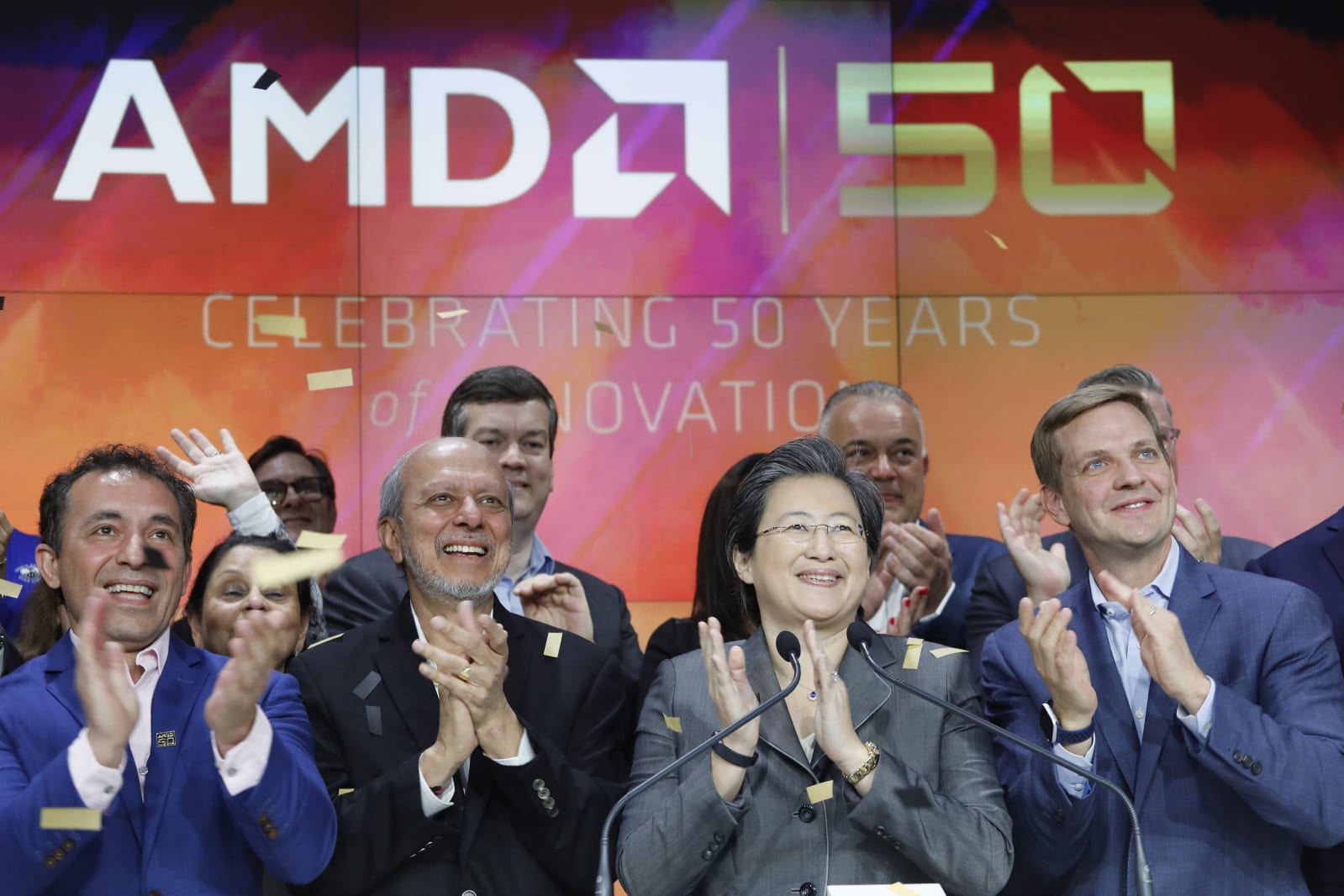 AMD stole the spotlight at Computex 2019, where it shared details on its third generation Ryzen CPUs and first Navi GPUs. But that's not the only big news AMD has in store. Today, the company announced a multi-year partnership with Samsung, in which...
AMD stole the spotlight at Computex 2019, where it shared details on its third generation Ryzen CPUs and first Navi GPUs. But that's not the only big news AMD has in store. Today, the company announced a multi-year partnership with Samsung, in which...


